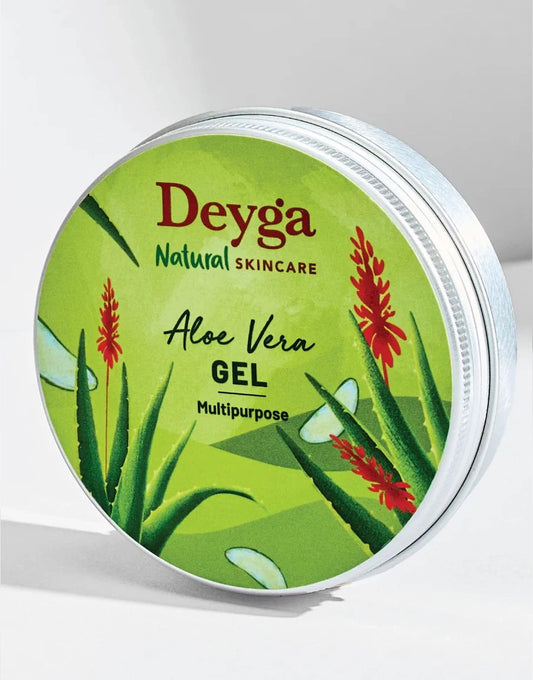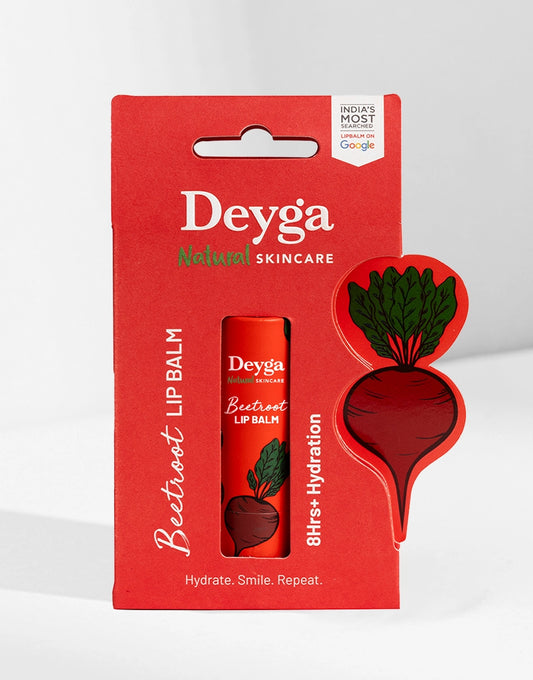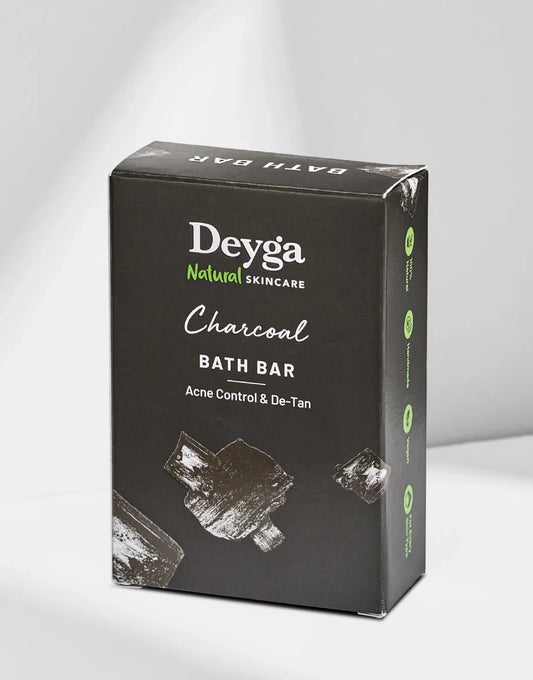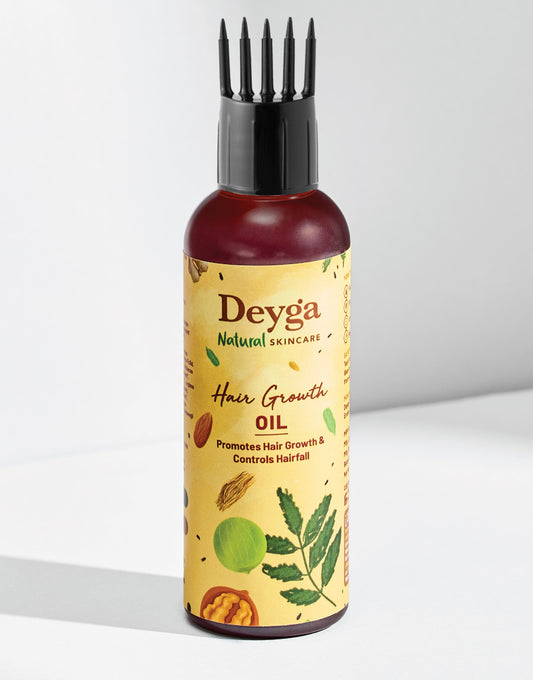When the skin temperature drops and chill winds pop, there are signs like dryness, dullness, and even flakiness in the skin. When the winter temperature increases, our body needs some external effort to keep the skin well hydrated and also note that the skin barrier is not compromised. Make sure your skin during the lower humidity and colder breeze does not steal away your hydration and moisture in the skin.
In this guide, you will know how to take care of your skin especially in this winter season. From everyday habits to products and home remedies, you will know everything in detail here.
How Winter Affects Your Skin
When the winter season comes, the skin’s natural oils get stripped, which leads to irritated skin, flaky skin, and even dehydrated skin. Here is a simple guide for you to know what happens to your skin when the climate is colder.
-
The cold air leads to less to low moisture, which leads to dryness and flakiness in the skin.
-
The skin’s top layer will be fragile, which may lead to redness and even sensitive skin.
-
For making the skin warm, using indoor heating helps. But the fact is they increase transepidermal water loss, and leaves skin dehydrated.
-
When your skin is dry, the dead skin cells get accumulated faster which makes the overall skin dry.
-
Especially lips and hands get the dryness first, since they are one of the thinnest skin areas which visibly shows dryness and cracks in the skin.
Step-by-Step Winter Skincare Routine
1. Cleanse your Skin Gently
-
Instead of a soap bar or foaming cleanser, go with cream based or oil based cleanser. Since, they don’t strip away the moisture, which is a key for dry and flaky skin.
-
Use cold or lukewarm water to wash your face. Hot water will enhance your skin dryness.
-
Picking oat-milk face wash is one of the best choices, since they cleanse without drying the skin.
2. Exfoliate, But Don’t Overdo It
-
One of the mandatory skin care routines, which should be done once or twice in a week to exfoliate the dead skin cells.
-
You can go with natural and DIY options like oatmeal, honey,or rice flour.
-
If not, you can also use mild climacal exfoliant like lactic acid or glycolic acid.
-
Avoid using AHA or BHA based exfoliators, since they will make your skin harsh especially in the winter season.
3. Include Hydrating Toner or Essence
-
Toner, an essential part of organic skincare especially if you have dry and dehydrated skin.
-
Choosing a hydrating toner is the best choice since it helps in adding extra nourishment for your skin.
-
While picking hydrating toners, make sure to choose ingredients like rose water, aloe vera, hyaluronic acid, etc.
-
Avoid choosing alcohol-based toners since they make skin even drier.
4. Add a Nourishing Serum
-
In the winter season, an extra dose of nourishment is important since they work additionally for making healthy and glowing skin.
-
As skin needs some extra protection, incorporating a nourishing serum is the best choice.
-
If you have more dry and flaky skin, go with layering serums in your routine for better results.
-
You can choose vitamin C, niacinamide, hyaluronic acid, etc in your skincare routine.
-
Vitamin C - Helps in brightening skin and protects against sun rays.
-
Niacinamide - Helps in strengthening the skin barrier
-
Hyaluronic Acid - Helps in making skin plumpy
5. Lock In with a Deep Moisturizer
-
Moisturizer is a key for healthy and glowing skin.
-
Picking cream based moisturizer is a better choice, since it helps in locking the skin moisture which gradually prevents water loss.
-
While picking moisturizer for your skin, go with nourishing oils and butters like shea butter, cocoa butter, ceramides, squalene, etc.
-
A small tip would be, while applying moisturizer apply them on damp skin for locking the hydration in the skin.
6. Don’t Skip Sunscreen
-
One myth that most of us believe is sunscreen to be used only when we go out or like in the summer season alone.
-
No, sunscreen should be used everyday in the AM routine, especially in the summer season.
-
While choosing sunscreen, ensure to go with SPF 30 and above sunscreen for being on the safer side.
-
While choosing sunscreen, go with hydrating ingredients like aloe vera or glycerin.
7. Lipcare in Winter
-
One of the common skin concerns is dry lips and chapped lips especially in the winter season.
-
Incorporating nourishing lip balms like beetroot lip balm, and balms based on shea butter, and other oils.
-
Never lick your lips since they make them even more dry.
Recommended Ingredients for Winter Skincare
|
Ingredient |
Function |
|
Shea Butter |
Nourishes skin and moisturizes skin |
|
Ghee |
Helps in healing cracked skin |
|
Aloe Vera |
Soothes and hydrates skin, especially sensitive skin |
|
Coconut Oil |
Locks in moisture and softens skin |
|
Vitamin E |
Repairs and protects against dryness |
|
Hyaluronic Acid |
Restores skin’s moisture balance |
|
Honey |
Natural humectant, gives glow |
|
Squalane |
Non-greasy hydration and barrier support |
Simple Winter Skincare Tips to Follow
-
Opt for hot and warm water showers since long showers with hot water may damage the skin barrier.
-
Make sure to drink enough water to keep skin internally hydrated.
-
Post shower, when the skin is damp, immediately apply your moisturizer.
-
Instead of rubbing the skin, gently dab them
-
Wear soft, cotton fabric clothes to avoid skin irritation.
-
Go with facial oils or sleeping masks for an additional skin booster.
-
Include healthy fats like nuts and seeds in your diet.
DIY Home Remedies for Winter Skin
1. Honey & Ghee Mask - Helps in deeply hydrating skin and even increases glow. Take an equal quantity of honey and ghee. Apply all over your face and neck, wash off after 10 - 15mins.
2. Banana & Yogurt Face Pack - Mash half a banana, mix with yogurt and apply on clean skin. The nourishing properties on both helps in making them well moisturized.
3. Oatmeal & Milk Scrub - A gentle scrubber which enhances the softness in the skin. Mix them together and wash off when they are 60 - 80% dry.
Conclusion
When it comes to the winter season, making them hydrated, nourished, and moisturized is way more important. Ensure to pick the right blend of ingredients and perfect products to keep them soft and radiant.
FAQs
Can oily skin become dry in winter?
Yes. Even oily skin can experience dehydration due to cold air. Use gel-based moisturizers or hydrating serums instead of skipping moisturizer.
How often should I exfoliate in winter?
Once or twice a week is enough. Over-exfoliation can strip away natural oils and worsen dryness.
Should I change my skincare products during winter?
Yes. Switch to richer moisturizers and hydrating cleansers that support your skin’s moisture barrier.
How can I prevent winter acne?
Hydration is key. Dehydrated skin can overproduce oil, leading to breakouts. Use a non-comedogenic moisturizer and gentle exfoliant.
What’s the best night skincare routine for winter?
Cleanse, Hydrating toner, Serum, Rich moisturizer or facial oil. You can also use a sleeping mask for added nourishment.
Table of content
When the skin temperature drops and chill winds pop, there are signs like dryness, dullness, and even flakiness in the skin. When the winter temperature increases, our body needs some external effort to keep the skin well hydrated and also note that the skin barrier is not compromised. Make sure your skin during the lower humidity and colder breeze does not steal away your hydration and moisture in the skin.
In this guide, you will know how to take care of your skin especially in this winter season. From everyday habits to products and home remedies, you will know everything in detail here.
How Winter Affects Your Skin
When the winter season comes, the skin’s natural oils get stripped, which leads to irritated skin, flaky skin, and even dehydrated skin. Here is a simple guide for you to know what happens to your skin when the climate is colder.
-
The cold air leads to less to low moisture, which leads to dryness and flakiness in the skin.
-
The skin’s top layer will be fragile, which may lead to redness and even sensitive skin.
-
For making the skin warm, using indoor heating helps. But the fact is they increase transepidermal water loss, and leaves skin dehydrated.
-
When your skin is dry, the dead skin cells get accumulated faster which makes the overall skin dry.
-
Especially lips and hands get the dryness first, since they are one of the thinnest skin areas which visibly shows dryness and cracks in the skin.
Step-by-Step Winter Skincare Routine
1. Cleanse your Skin Gently
-
Instead of a soap bar or foaming cleanser, go with cream based or oil based cleanser. Since, they don’t strip away the moisture, which is a key for dry and flaky skin.
-
Use cold or lukewarm water to wash your face. Hot water will enhance your skin dryness.
-
Picking oat-milk face wash is one of the best choices, since they cleanse without drying the skin.
2. Exfoliate, But Don’t Overdo It
-
One of the mandatory skin care routines, which should be done once or twice in a week to exfoliate the dead skin cells.
-
You can go with natural and DIY options like oatmeal, honey,or rice flour.
-
If not, you can also use mild climacal exfoliant like lactic acid or glycolic acid.
-
Avoid using AHA or BHA based exfoliators, since they will make your skin harsh especially in the winter season.
3. Include Hydrating Toner or Essence
-
Toner, an essential part of organic skincare especially if you have dry and dehydrated skin.
-
Choosing a hydrating toner is the best choice since it helps in adding extra nourishment for your skin.
-
While picking hydrating toners, make sure to choose ingredients like rose water, aloe vera, hyaluronic acid, etc.
-
Avoid choosing alcohol-based toners since they make skin even drier.
4. Add a Nourishing Serum
-
In the winter season, an extra dose of nourishment is important since they work additionally for making healthy and glowing skin.
-
As skin needs some extra protection, incorporating a nourishing serum is the best choice.
-
If you have more dry and flaky skin, go with layering serums in your routine for better results.
-
You can choose vitamin C, niacinamide, hyaluronic acid, etc in your skincare routine.
-
Vitamin C - Helps in brightening skin and protects against sun rays.
-
Niacinamide - Helps in strengthening the skin barrier
-
Hyaluronic Acid - Helps in making skin plumpy
5. Lock In with a Deep Moisturizer
-
Moisturizer is a key for healthy and glowing skin.
-
Picking cream based moisturizer is a better choice, since it helps in locking the skin moisture which gradually prevents water loss.
-
While picking moisturizer for your skin, go with nourishing oils and butters like shea butter, cocoa butter, ceramides, squalene, etc.
-
A small tip would be, while applying moisturizer apply them on damp skin for locking the hydration in the skin.
6. Don’t Skip Sunscreen
-
One myth that most of us believe is sunscreen to be used only when we go out or like in the summer season alone.
-
No, sunscreen should be used everyday in the AM routine, especially in the summer season.
-
While choosing sunscreen, ensure to go with SPF 30 and above sunscreen for being on the safer side.
-
While choosing sunscreen, go with hydrating ingredients like aloe vera or glycerin.
7. Lipcare in Winter
-
One of the common skin concerns is dry lips and chapped lips especially in the winter season.
-
Incorporating nourishing lip balms like beetroot lip balm, and balms based on shea butter, and other oils.
-
Never lick your lips since they make them even more dry.
Recommended Ingredients for Winter Skincare
|
Ingredient |
Function |
|
Shea Butter |
Nourishes skin and moisturizes skin |
|
Ghee |
Helps in healing cracked skin |
|
Aloe Vera |
Soothes and hydrates skin, especially sensitive skin |
|
Coconut Oil |
Locks in moisture and softens skin |
|
Vitamin E |
Repairs and protects against dryness |
|
Hyaluronic Acid |
Restores skin’s moisture balance |
|
Honey |
Natural humectant, gives glow |
|
Squalane |
Non-greasy hydration and barrier support |
Simple Winter Skincare Tips to Follow
-
Opt for hot and warm water showers since long showers with hot water may damage the skin barrier.
-
Make sure to drink enough water to keep skin internally hydrated.
-
Post shower, when the skin is damp, immediately apply your moisturizer.
-
Instead of rubbing the skin, gently dab them
-
Wear soft, cotton fabric clothes to avoid skin irritation.
-
Go with facial oils or sleeping masks for an additional skin booster.
-
Include healthy fats like nuts and seeds in your diet.
DIY Home Remedies for Winter Skin
1. Honey & Ghee Mask - Helps in deeply hydrating skin and even increases glow. Take an equal quantity of honey and ghee. Apply all over your face and neck, wash off after 10 - 15mins.
2. Banana & Yogurt Face Pack - Mash half a banana, mix with yogurt and apply on clean skin. The nourishing properties on both helps in making them well moisturized.
3. Oatmeal & Milk Scrub - A gentle scrubber which enhances the softness in the skin. Mix them together and wash off when they are 60 - 80% dry.
Conclusion
When it comes to the winter season, making them hydrated, nourished, and moisturized is way more important. Ensure to pick the right blend of ingredients and perfect products to keep them soft and radiant.
FAQs
Can oily skin become dry in winter?
Yes. Even oily skin can experience dehydration due to cold air. Use gel-based moisturizers or hydrating serums instead of skipping moisturizer.
How often should I exfoliate in winter?
Once or twice a week is enough. Over-exfoliation can strip away natural oils and worsen dryness.
Should I change my skincare products during winter?
Yes. Switch to richer moisturizers and hydrating cleansers that support your skin’s moisture barrier.
How can I prevent winter acne?
Hydration is key. Dehydrated skin can overproduce oil, leading to breakouts. Use a non-comedogenic moisturizer and gentle exfoliant.
What’s the best night skincare routine for winter?
Cleanse, Hydrating toner, Serum, Rich moisturizer or facial oil. You can also use a sleeping mask for added nourishment.
 Track My Order
Track My Order












